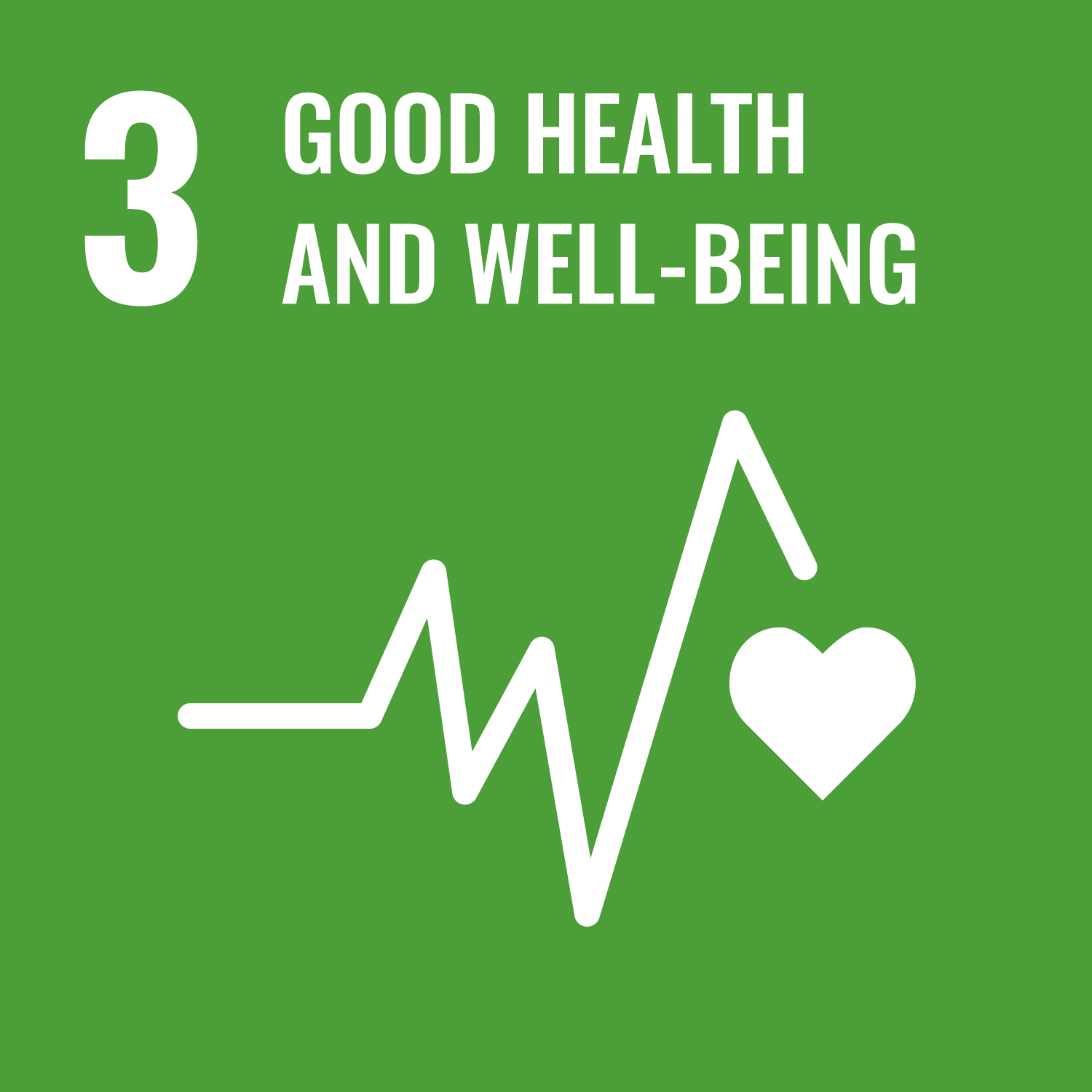 Evidence-based Decision-making on Antimicrobial Resistance
Latin American quality control programme in Bacteriology and Antimicrobial Drug Resistance
Evidence-based Decision-making on Antimicrobial Resistance
Latin American quality control programme in Bacteriology and Antimicrobial Drug Resistance

Challenges
Antimicrobial resistance (AMR) affects all countries and endangers the effectiveness of prevention and treatment of infections by viruses, bacteria, fungi and parasites. Antimicrobial resistance occurs when microorganisms (e.g. bacteria, fungi, viruses and parasites) change when they are exposed to antimicrobial drugs (e.g. antibiotics, antifungals, antivirals, antimalarials and anthelmintics). Microorganisms that develop antimicrobial resistance are sometimes referred to as ‘superbugs’. Asaresult, the medicines become ineffective and infections persist in the body, increasing the risk of spread to others. AMR is an increasingly serious threat to global public health that requires action across all government sectors and society. It is estimated that 10 per cent of all patients who receive hospital care develop a healthcare-associated infection. In recent years, the Latin America and the Caribbean region experienced a series of outbreaks caused by multi-drug resistant bacteria, impacting lives and hospital costs.
Towards a Solution
Since the 1990s, Pan American Health Organization/World Health Organization (PAHO/ WHO) has recognized the importance of laboratory capacity for AMR surveillance and created the Latin American Antimicrobial Resistance Surveillance Network (ReLAVRA) in 1996 to obtain reliable microbiological data and timely and repeatable information to improve patient care and strengthen surveillance through sustainable quality assurance programmes.
This Network, which was built by Argentina, the Plurinational State of Bolivia, Brazil, Chile, Colombia, Costa Rica, Cuba, the Dominican Republic, Ecuador, El Salvador, Guatemala, Honduras, Mexico, Nicaragua, Panama, Paraguay, Peru, Uruguay, and the Bolivarian Republic of Venezuela, established the Latin American Quality Control Programme in Bacteriology and Antimicrobial Drug Resistance (LA-EQAS), implemented by the Antimicrobial Department of the Instituto Nacional de Enfermedades Infecciosas (INEI) in Argentina. The latter has a dual function: to ensure the quality of surveillance data and to strengthen the countries’ reference laboratories.
LA-EQAS is fundamental in terms of achieving reliable laboratory data, which are the basis of AMR surveillance. Through this initiative, data quality is ensured by standardizing techniques so that the entire region ‘speaks the same language’ and the countries can compare and share solutions. AMR data contributes to reducing infant and maternal mortality, improving population health, and fighting curable and preventable diseases through the use of safe and affordable antimicrobials for all.
LA-EQAS has strengthened the laboratories of the countries of the Network through training courses, generating reference strains, defining resistance mechanisms, issuing publications and holding online sessions with the countries of the Network.
The success of this horizontal cooperation among countries and in triangulation with PAHO/WHO is based on continuity over time, commitment of the health authorities, financial support from seed and resources from PAHO/WHO and the laboratories of the countries, as well as the great leadership and solidary of the INEI of ANLIS-Argentina.
Contact Information
Countries involved
Supported by
Implementing Entities
Project Status
Project Period
URL of the practice
Primary SDG
Primary SDG Targets
Similar Solutions
| NAME OF SOLUTION | Countries | SDG | Project Status | |
|---|---|---|---|---|
Adapting Digital Payment to Initiate Rapid Response During Pandemic Bangladesh government disbursed cash aid to 5 million most vulnerable families through mobile financial service in order to minimize the financial impact during COVID 19 within the shortest period of time. |
Argentina, Bolivia (Plurinational State of), Chile | 03 - Good Health and Well-being 05 - Gender Equality | Completed | View Details |
Addressing Racial and Ethnicity-based Discrimination and Strengthening the Protection of Rural Afro-descendants UNFPA supports data disaggregation as a tool to fight racism and ethnic discrimination |
Argentina, Bolivia (Plurinational State of), Chile | 01 - No Poverty 02 - Zero Hunger 03 - Good Health and Well-being 05 - Gender Equality 06 - Clean Water and Sanitation 11 - Sustainable Cities and Communities 16 - Peace and Justice Strong Institutions | Ongoing | View Details |
Addressing the Philippine Dairy Sector Challenges Exchanging knowledge between Argentina and the Philippines to improve Philippine local dairy production |
Argentina, Bolivia (Plurinational State of), Chile | 08 - Decent Work and Economic Growth 17 - Partnerships for the Goals | Ongoing | View Details |
ADELANTE Triangular Cooperation European Union – Latin America and the Caribbean |
Argentina, Bolivia (Plurinational State of), Chile | 10 - Reduced Inequalities | Ongoing | View Details |
Advancing Public Health Policies to Address Overweight and Obesity in Chile and the Caribbean Community Leveraging experiences from Chilean labelling and marketing legislation to improve children’s health in the Caribbean |
Argentina, Bolivia (Plurinational State of), Chile | 02 - Zero Hunger | Completed | View Details |